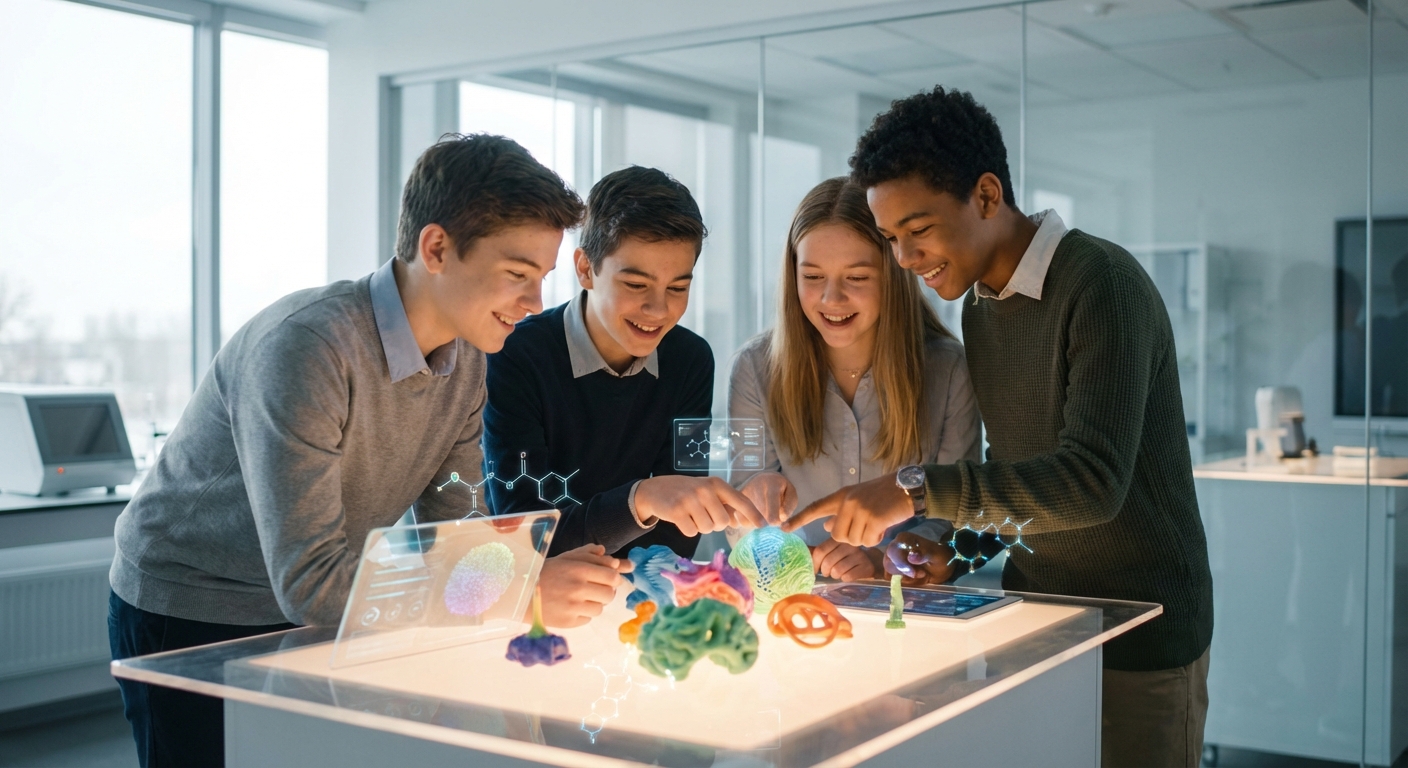Biotechnology
What Is Biotechnology?
Biotechnology is the use of living organisms or their parts to create useful products and solve problems. It blends biology with technology, allowing us to harness the power of cells, enzymes, and DNA. From making medicines to improving crops, biotechnology turns natural processes into tools that help society. Think of it as a partnership between nature and science, where we guide biological systems to do specific jobs.
How Does It Work?
Biotechnologists start by studying the genetic code of an organism. DNA carries the instructions for building proteins, which perform most tasks in a cell. By adding, removing, or editing genes, scientists can change what a cell produces. Modern techniques such as Crispr act like molecular scissors, cutting DNA at precise spots. After the edit, the cell can be grown in a lab, a bioreactor, or even in the field, depending on the goal.
Key steps often include:
- Identifying A Useful Gene – for example, a gene that makes a plant resistant to drought.
- Inserting The Gene into the target organism using a vector (a harmless carrier, like a virus or a plasmid).
- Selecting And Testing the modified organisms to ensure they work as intended and are safe.
These processes require careful lab work, computer modeling, and strict safety checks.
Everyday Applications
Biotechnology touches many parts of daily life, even if we don’t see it directly.
- Medicine – Insulin for diabetes, vaccines, and gene therapies are produced using engineered bacteria or yeast.
- Food – Crops such as golden rice are fortified with vitamins, while other varieties resist pests, reducing the need for chemicals.
- Environment – Microbes can clean oil spills or break down plastic waste, turning pollutants into harmless substances.
- Industry – Enzymes created through biotechnology speed up processes like laundry detergent action or biofuel production.
These examples show how biotech can improve health, increase food security, protect the planet, and boost the economy.
Ethical and Safety Considerations
With great power comes responsibility. Modifying living organisms raises important questions:
- Safety – Could a new gene spread to wild populations and cause unforeseen problems?
- Equity – Who owns the technology, and will it be accessible to everyone, not just wealthy nations?
- Ethics – Is it right to edit human embryos or create animals with altered traits?
Scientists, policymakers, and the public must work together to set rules that protect people and the environment while encouraging innovation. Open discussion and transparent research help build trust and ensure biotechnology benefits society as a whole.
Biotechnology is a fast‑moving field that blends curiosity with creativity. By understanding its basics, you can appreciate the science behind many modern advances and think critically about the choices we make for the future.
